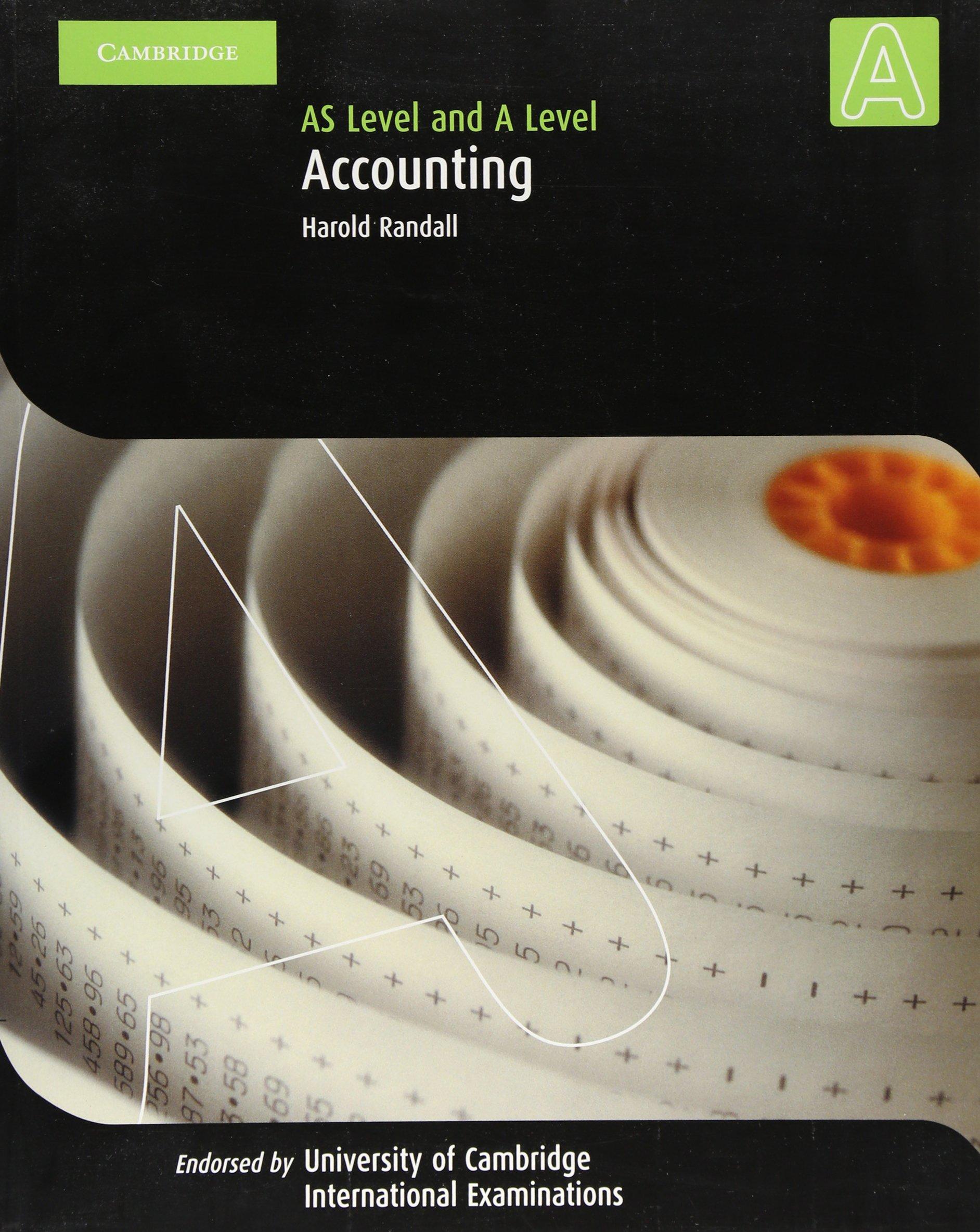Question
Question 3. Castle Towers Ltd reported the following assets and liabilities in its draft balance sheet as at 30 June 2017, and profits before tax
Question 3.
Castle Towers Ltd reported the following assets and liabilities in its draft balance sheet as at 30 June 2017, and profits before tax in its draft income statement for the year ending 30 June 2017. Both the financial year and tax year end on 30 June. The tax rate is 30 per cent, and the company meets its own tax obligations. The company has not yet completed its tax effect entries.
Required: Provide the relevant journal entries to account for the tax effect of each of the following on 30 June 2017, showing your calculations:
(a) Reported machinery in the balance sheet with $80,000 carrying value. The notes to the accounts revealed that the cost of machinery was $100,000 and accumulated depreciation was $20,000. For tax purposes machinery is depreciated over four years on a straight-line basis, and there is no expected salvage value.
(b) Reported interest revenue that was received in advance, in the balance sheet of $50,000. The revenue for accounting purposes relates to the financial year ending 30 June 2018. The Australian Taxation Office taxes revenue when it is received.
(c) Reported provision for warranty repairs in the balance sheet of $20,000. No provision was paid during the year. There were no provisions for warranty repairs in previous years.
(d) Reported buildings were revalued at 30 June 2017 to $450,000. At that time the tax base of buildings was $350,000.
(e) Reported accounts receivable (net) in the balance sheet of $35,000. The notes to the accounts revealed that there was an allowance for doubtful debts of $5,000. During the year debts written off as not recoverable were $2,000.
(f) Reported a loan in the balance sheet of $70,000. The repayment of the loan is not deductible.
(g) Reported profits before tax for the year ending 30 June 2017 are $500,000. Notes to the accounts revealed that in the year ending 30 June 2016, the company incurred an accounting loss of $200,000.
Step by Step Solution
3.47 Rating (154 Votes )
There are 3 Steps involved in it
Step: 1
To account for the tax effect of each of the items mentioned we will need to make journal entries to adjust the tax balances accordingly Here are the ...
Get Instant Access to Expert-Tailored Solutions
See step-by-step solutions with expert insights and AI powered tools for academic success
Step: 2

Step: 3

Ace Your Homework with AI
Get the answers you need in no time with our AI-driven, step-by-step assistance
Get Started


